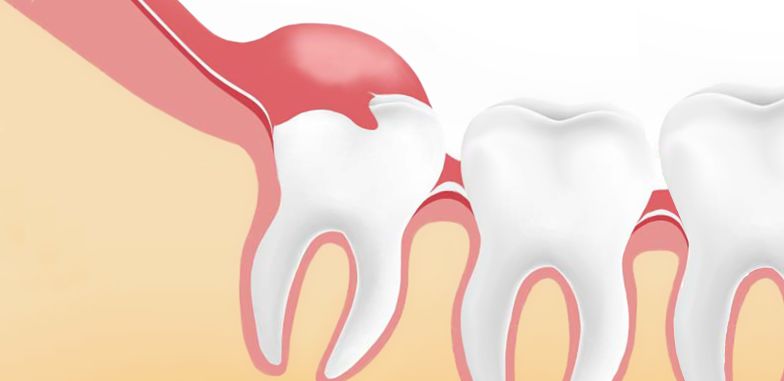Wisdom Teeth Gum Pain Fundamentals Explained
Since you heal from your surgery, follow your dentist's directions on: Infection. Some type of blood may happen after wisdom tooth removal. That you don't dislodge the blood clot try to prevent spitting. As instructed by your dentist or oral surgeon, replace gauze over the extraction site.
You could be able to manage pain using an over-the-counter pain reliever, like acetaminophen (Tylenol, others), or even a prescription pain medicine from the physician or oral surgeon. If bone was taken away during the procedure prescription pain medication might be particularly helpful. Maintaining a pack that is cold against your jaw may relieve pain.
Use an ice pack as directed by your surgeon or dentist. Any swelling of your cheeks generally improves in a couple of days. Bruising can take a few more days to fix. Activity. Following your operation, plan to rest for the remainder of the day. Resume normal activities the following day, however for no less than a week, avoid strenuous action that may lead to shedding the blood clot from the socket.
Drink lots of water. Do not drink carbonated, caffeinated or warm beverages in the initial 24 hours. Since the blood clot can be dislodged by the activity in the socket, don't drink with a straw for at least a week. Food. Eat soft foods, such as applesauce or yogurt, for the initial 24 hours.
Avoid chewy, hard, spicy or hot foods that may get irritate the wound or stuck in the socket. Cleaning your mouth. Don't brush your teeth, brush your mouth, spit or use mouthwash during the initial 24 hours following operation. Typically you're going to be told to restart cleaning your teeth.
Tobacco use. Don't do following surgery if you smoke and wait for longer than that if possible. If you think about tobacco, do not use it for no less than a week. Using tobacco products after operation can delay healing and increase the chance of complications. Stitches.
The Only Guide for Can Wisdom Teeth Cause Headaches
Schedule an appointment to have them removed if your stitches will need to be eliminated. When to call your dentist or surgeon Call your physician or oral doctor if you notice any of the following signs or symptoms, which might signal an infection, nerve injury or other find local dentist severe complication: Difficulty breathing or swallowing Excessive bleeding Fever Acute pain not relieved by prescribed pain medications Swelling that dissipates after two or three times A bad taste in your mouth not removed with saltwater biting Pus at or oozing in the Look At This socket Persistent tingling or loss of sensation Blood or pus at rectal discharge Outcomes You probably won't need a follow-up appointment after a wisdom tooth extraction in case: You don't need stitches eliminated No complications arose through the procedure You do not experience persistent difficulties, such as pain, swelling, numbness or bleeding disorders that may indicate infection, nerve damage or other problems If complications develop, speak to your physician or oral physician to discuss therapy choices.


